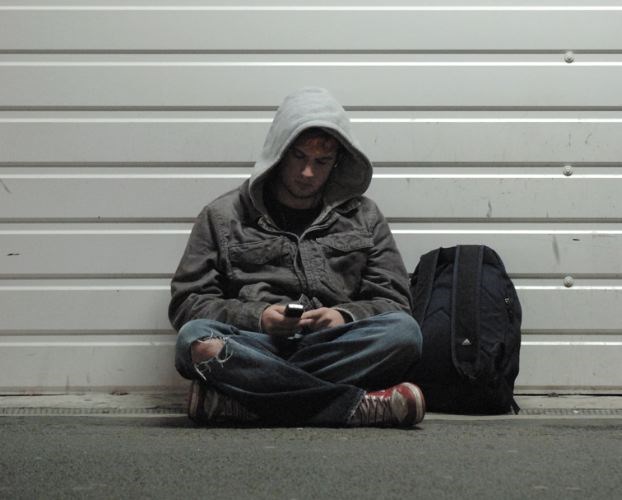There are many platitudinous words written and spoken and many hands wrung over the issues of poverty and homelessness in our society.
There are two solutions that have now been tried and seem very promising.
Even more to the point, both actually cost less overall than our current practice.
The first, once tried in a Manitoba town and now seriously considered in Ontario, is the concept of a guaranteed annual income for all.
While there are various methods of implementation, the simple concept is that everyone in Canada would receive - without qualification - a basic livable payment from the government monthly, rather like a paycheck.
Those with little or no income regardless of how they became that way would thus have enough to pay for food, clothing, and shelter of their own choosing.
While at first brush it seems an outlandish concept, savings result from the vast reduction of the many bureaucracies that presently are attached to government. A study of the Manitoba experiment (MINCOME - 1974) found a drop in health care costs of close to 10 per cent as hospital visits for work related injuries, domestic abuse, and mental health problems declined.
Students stayed in school longer. There was no reduction in the number of hours worked save for one classification - mothers tended to work less in order to look after children and that reduced childcare and other expenses.
Just as reestablishment of wolves in Yellowstone Park led to unexpected changes in animal behavior, plant growth and even the basic geography. The oft-cited "work ethic" did not diminish.
As a growing number of communities have found, the best cure for homelessness is giving people a home.
Salt Lake City was amongst the first municipalities to take the "tiny house" concept and use it to solve homelessness as has one of our local bands. Lethbridge has a program centred on "Housing First."
Social services are focused instead of scattered and several programs offer basic training in housekeeping and life skills with clients having the same social worker instead of a new one daily.
Where it has been implemented, the results have been very positive.
These two programs are relatively new and as with any social change no doubt problems will emerge as well as benefits. What can be stated with certainty is that our present ways of dealing with poverty and homelessness have not worked.
Shelters are fine but most close during the days when residents have to congregate on nearby streets with nowhere else to go.
Poverty is one cause of increasing crime as those without have few options and idle minds are indeed the devil's playground.
Consider, if you will, that any one of us can falter and fail. Experts tell us that most are only one or two paychecks away from financial disaster and some can still remember the days when a mortgages had interest rates of over 20 per cent.
Governments tend to look to ways of reducing the cost of social programs for the poor and homeless by new ways of saying "no," from limiting telephone contact to the stigmatizing long lines outside ministry offices.
Financial institutions cater to those with money leaving the poor to predatory cheque-cashing shops and payday lenders with usurious rates; those without a fixed address or telephone find it next to impossible to apply for jobs or services.
In short, our present ways of dealing with poverty and homelessness do not work and are known to not to work yet we keep digging in the same hole expecting new results.
It is time we looked at alternative ways to address these issues, ways that have thus far proven to be successful when implemented.
Willow Arune
Prince George



